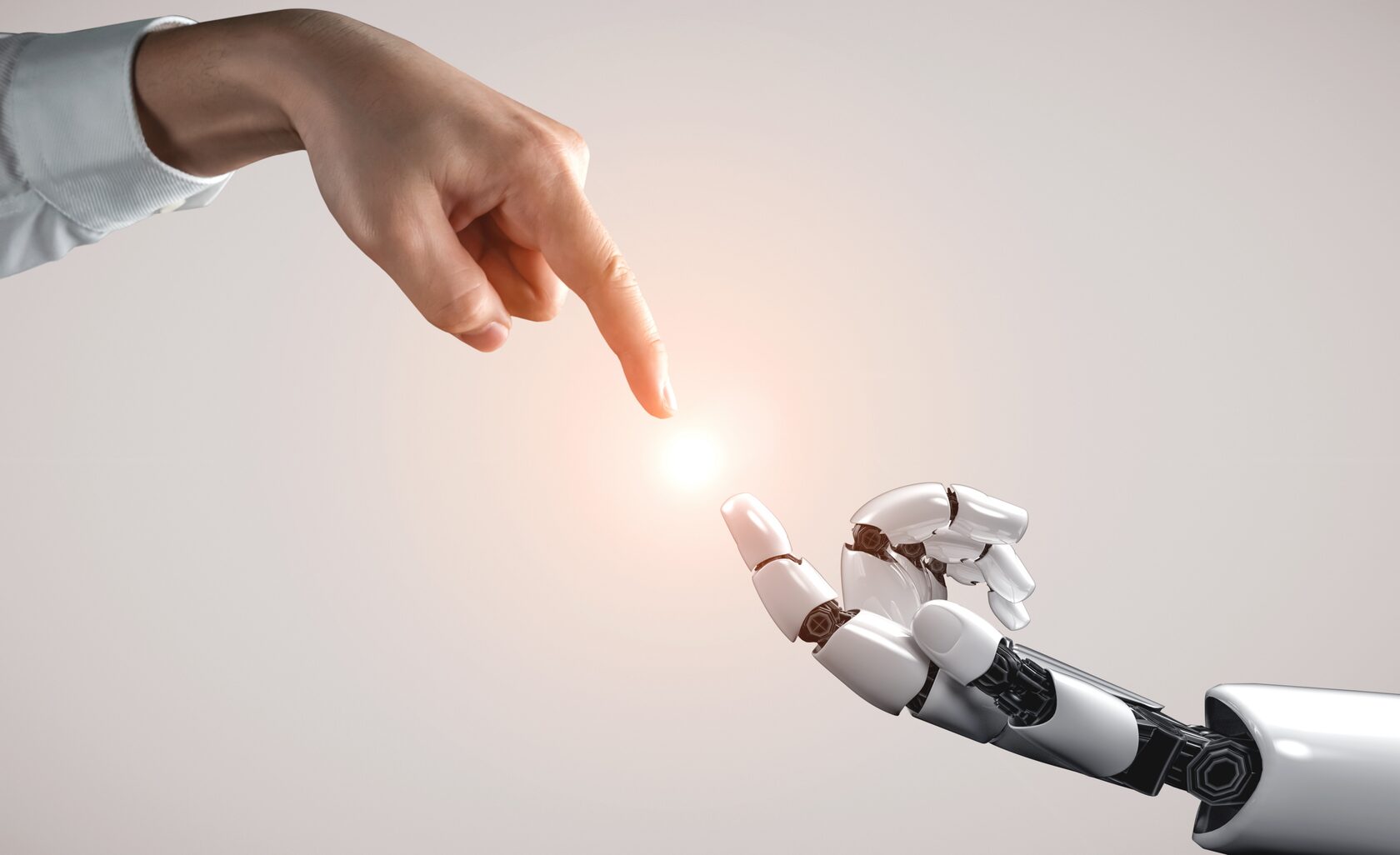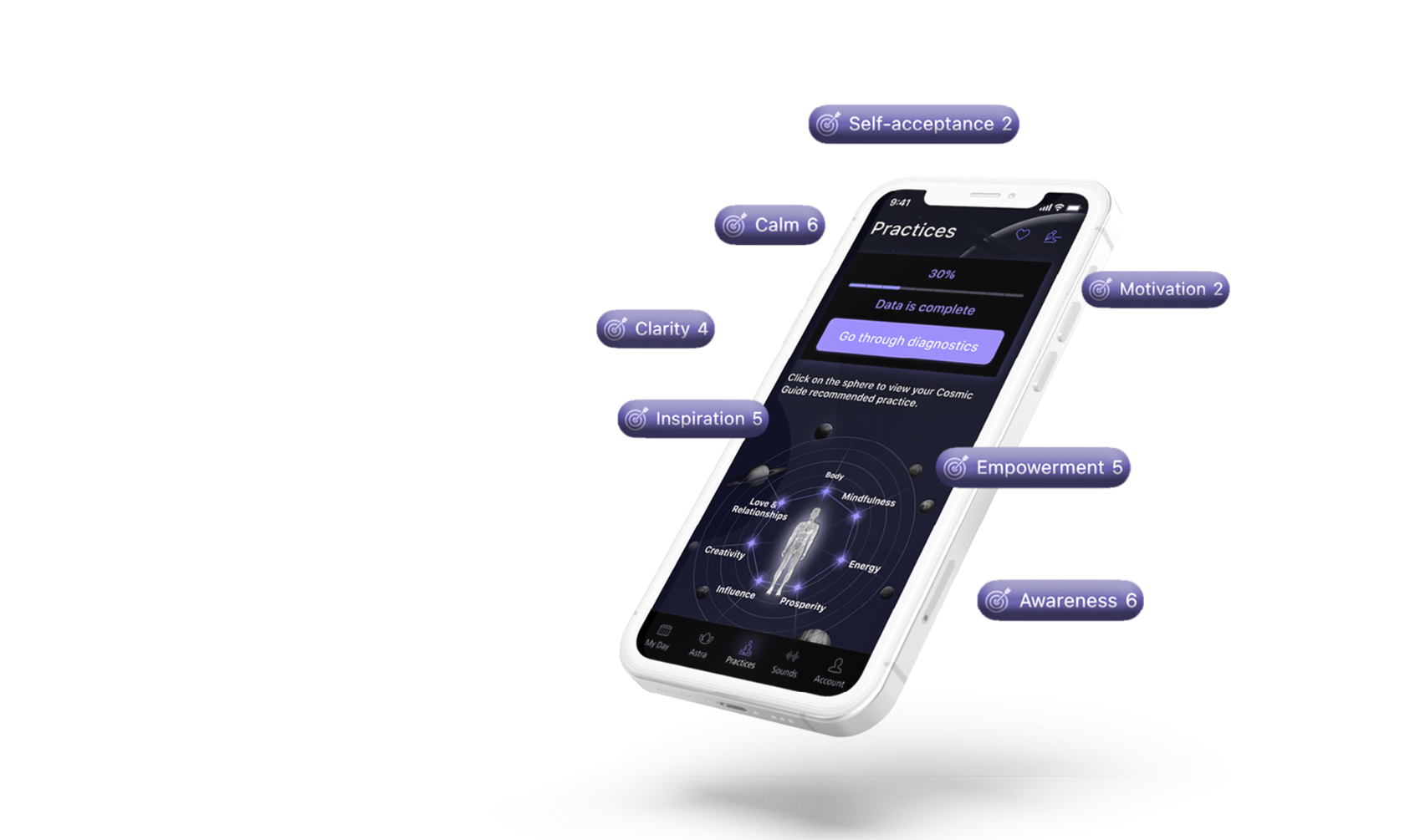We described the main theses and our thoughts on this matter in the article below.
So who are these AI therapists?
Mental health chatbots and apps with a similar bias are specially designed resources that are based on artificial intelligence. These chatbots and apps act as psychologists for people, like a handy tool that you can use anywhere, anytime. You can use them when you need support in difficult times. Also, such services can recognize and prevent various psychological problems. Chatbots are, one might say, the first step for those who are afraid to talk about their problems and open up to a human specialist. This is the beginning of the path to putting your mental health in order.Chatbots and therapeutic applications have appeared not so long ago, and now they are still only on the way of gradual introduction into our lives. Someday the time will come and we will no longer be surprised at the existence of such services and their capabilities. In the not too distant future, artificial intelligence will be able to listen to you, help you with advice, make a diagnosis, and even prescribe a treatment. By the way, people who are already exploring and using such chatbots and applications have found that the services provide the capabilities that traditional therapy lacks: fast and anonymous service.

Can these “robots” really help?
Psychiatrists claim that the use of artificial intelligence provides a lot of exciting new possibilities. Dr. Miner in an interview with WSJ magazine said that in the modern world such psychology applications are very convenient to use because people have access to them even in the most crisis conditions. For example, now, during the Covid pandemic, it is almost impossible to get a session with a human specialist, and, therefore, using an application that will help in difficult moments is the best and safest solution.Dr. Imel shared the following advantage: chatbots and therapeutic applications in sleep mode can accumulate information about the users, hear them saying trigger words, and at the right time recognize the signal when they need psychological support. It seems incredible, but services can track people's moods and prevent bad things from happening at the moment. Thus, we find an intelligent and attentive psychologist in our pocket, which is very convenient for a modern person.
Also, according to Dr. Torous, artificial intelligence can be an excellent assistant in the study of the human brain. This will allow you to recognize a wide variety of diseases and develop the most appropriate treatments for each case.
Dr. Miner highlighted another, no less essential advantage of such chatbots and applications - the ability to use the service at any time. Imagine the situation: a person came home late after a hard day at work, and he would like to share his bad thoughts and hear good advice from a professional. Since the human factor plays an important role here, and a human specialist may be unavailable at a later time, the support of a chatbot or a psychologist application comes to the rescue. So far, this is the only way out when the help of a therapist is urgently needed.
For some users, removing human factors from therapy may even help to open up. Research shows that people who believe they are talking to a chatbot are more willing to reveal personal information and show strong emotions without fear of being judged by the other person.
Chatbots do an excellent job with their tasks in medicine. People have come up with the idea of using such technologies in hospitals, and with the help of chatbots, the process of calling on patients and communicating with them becomes much easier. The bot helps to start communication with the clients even before they enter the office. Artificial intelligence interacts with the patient, asks the most appropriate questions, identifies symptoms, and forms it all into a document, which is later passed on to the psychologist. Also, the bot can sort patients and inform the therapist who needs urgent treatment and who needs a consultation.
AI-powered psychology apps strive to be great helpers for their users. Tech companies have developed a service that can keep in touch with people with mental disorders daily. At the same time, the developers have retained complete anonymity and confidentiality for the patients.

But can such apps and chatbots replace a human psychologist?
There are situations when no virtual friend can help, no matter how practical its advice and recommendations are. The clients realize that they don't talk to a living creature but to a robot, which is unable to express compassion.But tech companies offer a partial solution - creating virtual therapists based on artificial intelligence. It is assumed that such AI therapists are ready to listen and reply at all times and also recommend activities to improve well-being.
This is exactly the ai treatment that our application, the Human Cosmos app, offers. The Human Cosmos app has proven to be a great first and essential step towards mental health and goal achievement. AI guides you step by step through your path to empowerment. Its meditation platform will stimulate your personal growth in all areas of mind, body, and spirit through the achievement of your goals. Your daily personal development plan will present the best practices and predictions for achieving your main goals.
By collecting the data you enter into the app, the AI will make daily personalized predictions. The more you interact with the app, the better informed the AI will be, leading to more precise workouts that you can follow and start living your best life. According to your personalized plan, you will receive recommendations, predictions, and practices. The AI will adjust your plan, track your progress, and measure the effectiveness of the suggested recommendations. All this is available to you on your iPhone or other devices.



